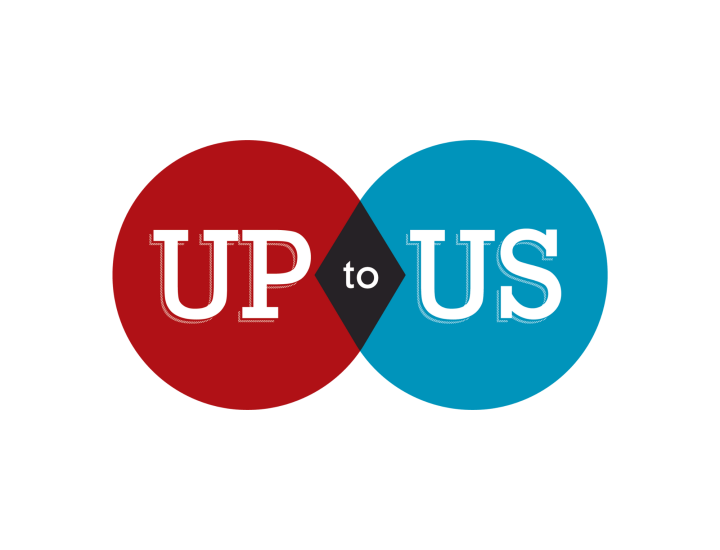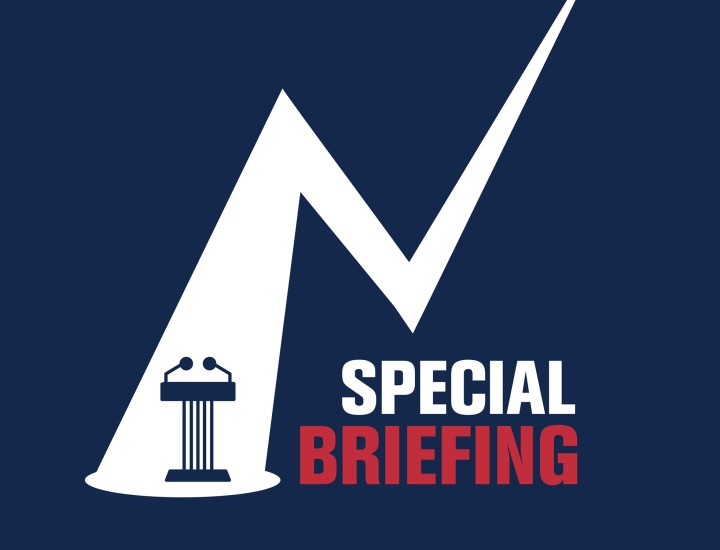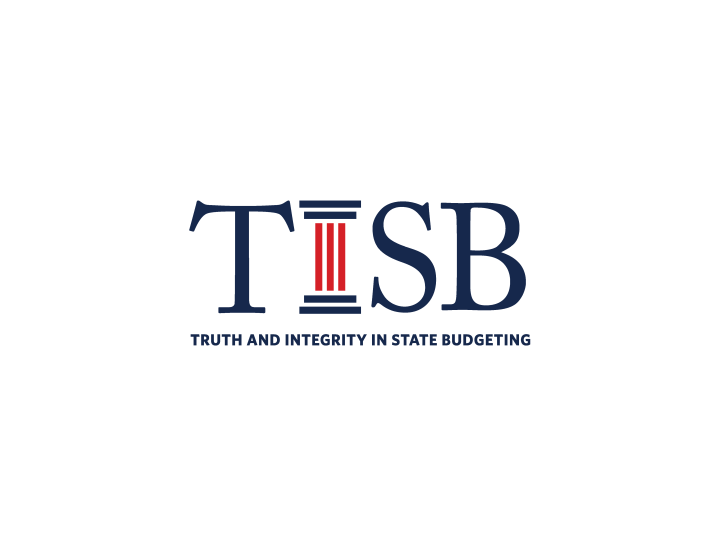Special Briefing on Work from Home: What it Means for State and Local Economies and Revenues

11:00AM
Watch A Special Briefing on Work From Home: What it Means for State and Local Economies and Revenues
Thursday, March 17, 2022, at 11 a.m. EDT
The Volcker Alliance and Penn Institute for Urban Research hosted an online Special Briefing on the implications of the emergence of permanent work from home or hybrid work models as state and local governments address fluctuations in their economies and revenues.
Our panel of experts from academia, journalism, and elected officials included Jose Maria Barrero, associate professor, Instituto Tecnològico Autònomo de Mèxico; Howard Chernick, professor emeritus, Hunter College, CUNY; Ally Schweitzer, reporter, WAMU; and Anthony Williams, former mayor, Washington, D.C..
Moderated by William Glasgall, Volcker Alliance senior director, public finance and Penn IUR Fellow, and Susan Wachter, co-director of Penn IUR, this briefing is the twenty-ninth in a series of sixty-minute online conversations featuring experts from the Volcker Alliance's national research network and Penn IUR, along with other leading academics, economists, and federal, state, and local leaders.
Special Briefings are made possible by funding from The Century Foundation, the Volcker Alliance, and members of the Penn IUR Advisory Board.
Recordings of the entire Special Briefings series are available on the Volcker Alliance website: SPECIAL BRIEFING SERIES ARCHIVE.
Special Briefing Episode Summary:
Office Occupancy Gap Signals Fiscal Threat for US Cities
By Stephen Kleege, Volcker Alliance Special Project Consultant
The shift to working from home, accelerated by the COVID-19 pandemic, poses a fiscal threat to the nation’s biggest cities, which depend on commercial property taxes for revenue, according to panelists at the March 17 Special Briefing hosted by The Volcker Alliance and the Penn Institute for Urban Research.
Panelists detailed research on the rise of at-home employment and its implications for budgets, real estate markets, and transit systems. The experts said big cities that were hardest hit by the pandemic and the desertion of downtown office space may need to raise taxes on residential property and retail sales to make up for lost commercial property revenue.
“We’re in for some heavy lifting, politically,” said Anthony Williams, mayor of Washington, DC from 1999-2007 and current chief executive officer of the Federal City Council, a nonprofit organization of business and professional leaders.
Moderated by William Glasgall, Volcker Alliance senior director, public finance, and Penn IUR Fellow, and Susan Wachter, co-director of Penn IUR and Wharton School professor of real estate and finance, the briefing was the twenty-ninth in a series of sixty-minute online conversations featuring experts from the Alliance's national research network and Penn IUR, along with other leading academics, economists, and federal, state, and local leaders. In addition to Williams, panelists included Jose Maria Barrero, assistant professor of finance at Instituto Tecnológico Autónomo de México; Howard Chernick, professor emeritus, Department of Economics, Hunter College and the Graduate Center, City University of New York; and Ally Schweitzer, reporter for Washington public radio station WAMU and DCist.
“The pandemic acted like a mass experiment,” said Barrero, who helps conduct a monthly work-from-home survey. “The forced experiment that the pandemic imposed on us has taught us how well it works,” he said. “Employees and their companies have learned that work from home can work and that trying to get back to full time is something that we don’t need.”
Barrero said his latest survey, in February, suggested that knowledge workers are shifting to a hybrid model in which they will work from home a little over two days a week instead of at home full time. That’s up from 5 percent of all paid working days being done at home before the pandemic.
The fiscal impact of this shift will be greatest for big cities that were hardest hit by COVID-19 and where finance, information, professional and technical, and management sectors are most important to the economy, Chernick said. In New York, for example, 61 percent of all employment, weighted by wages, comes from these sectors, in which working at home is most feasible.
“A hit to the demand for commercial and industrial real estate will lower the value of these assets,” he said. “And that part of the property tax base is very important.” Atlanta, where commercial and industrial make up 56 percent of the property tax base, may sustain the hardest revenue hit among eight cities that Chernick studied.
In Washington, property tax assessments on large office buildings declined about 10 percent in 2021 from before the pandemic, “so we’re looking very much at budget impacts,” said Schweitzer, who has reported on the impact of the work-at-home phenomenon on federal employees in the nation’s capital. She added that commuter spending while downtown generates as much as $100 million a year in sales tax revenue for the city.
In response to the work-at-home trend, she said, Washington is looking for ways to make it easier for office building owners to convert downtown properties to residential use, and local business improvement districts are studying ways to transform the downtown into more of a “place where you want to hang out – an entertainment hub.”
Chernick said that a 9 percent increase in the valuation of residential property would be enough to offset a projected decline in commercial property taxes. “The political problem,” he said, “is how do you tax that?” For example, New York City has had a property tax system that deliberately shifts the burden away from homeowners, he said, and that many cities have limits on property taxes and levy increases.
“In most cities, a 9 percent increase in property tax revenues is not going to happen right away,” Chernick said. “This is going to be a very vigorous political debate over who bears the cost.”
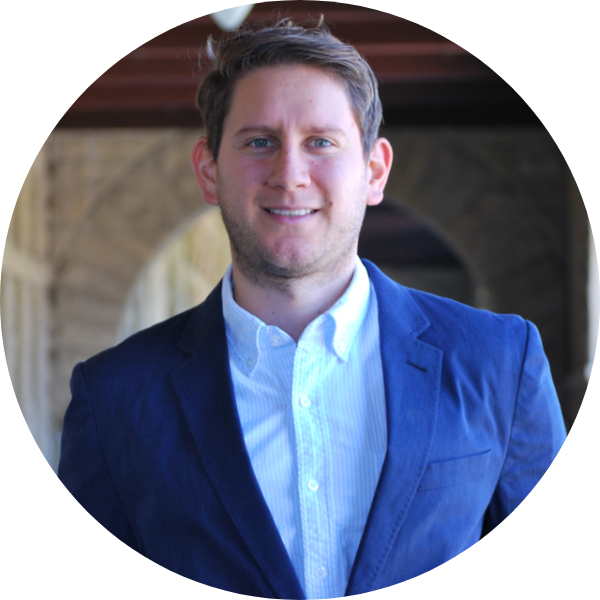 Jose Maria Barrero is an assistant professor of finance at Instituto Tecnológico Autónomo de México (ITAM). He is an applied economist interested in macroeconomics, finance, and labor economics, using empirical and quantitative methods. He has a BA in Economics and Mathematics from the University of Pennsylvania and an MA and PhD in Economics from Stanford University. He is a member of the founding team of WFH Research, which publishes the Survey of Working Arrangements and Attitudes, founded in May 2020 in response to the dramatic impact of COVID-19 on working arrangements. The monthly online survey is run jointly by the University of Chicago, ITAM, MIT, and Stanford University.
Jose Maria Barrero is an assistant professor of finance at Instituto Tecnológico Autónomo de México (ITAM). He is an applied economist interested in macroeconomics, finance, and labor economics, using empirical and quantitative methods. He has a BA in Economics and Mathematics from the University of Pennsylvania and an MA and PhD in Economics from Stanford University. He is a member of the founding team of WFH Research, which publishes the Survey of Working Arrangements and Attitudes, founded in May 2020 in response to the dramatic impact of COVID-19 on working arrangements. The monthly online survey is run jointly by the University of Chicago, ITAM, MIT, and Stanford University.
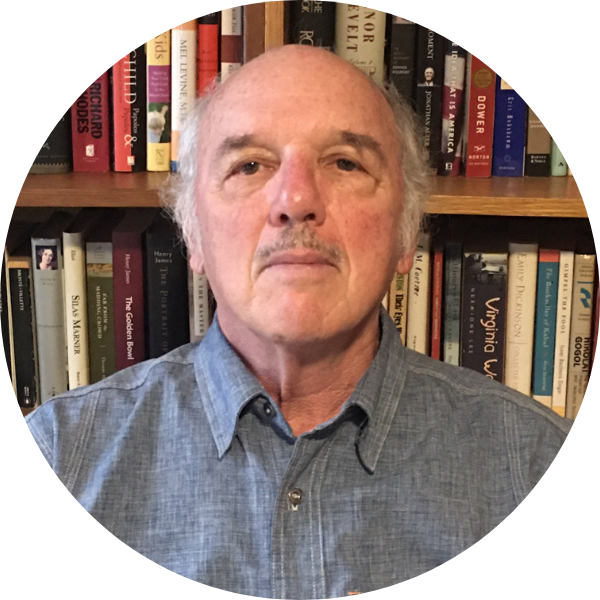 Howard Chernick is Professor Emeritus, Department of Economics, Hunter College and the Graduate Center, the City University of New York. He is a research affiliate of the Institute for Research on Poverty at the University of Wisconsin, and a board member of Institute for Taxation and Economic Policy. He has been a visiting professor at the University of Rennes I, France, the School of Public and International Affairs, Princeton University, and the New School. In 2015 received a Fulbright specialist grant at the Ecole Nationale Superieure Cachan, France. Selected publications include "Fiscal Effects of Block Grants for the Needy: An Interpretation of the Evidence" (1998); “On the Determinants of Sub-National Tax Progressivity in the U.S.” (2005); “State and Local Fiscal progressivity: Consequences for Economic Growth.” (2010); "The Impact of the Great Recession and the Housing Crisis on the Financing of America's Largest Cities.” (2011); and “The Fiscal Effects of the Covid-19 Pandemic on Cities: An Initial Assessment” (2020). He is the editor of Resilient City: The Economic Impact of the 9/11 Attack on NYC." (Russell Sage, 2005).
Howard Chernick is Professor Emeritus, Department of Economics, Hunter College and the Graduate Center, the City University of New York. He is a research affiliate of the Institute for Research on Poverty at the University of Wisconsin, and a board member of Institute for Taxation and Economic Policy. He has been a visiting professor at the University of Rennes I, France, the School of Public and International Affairs, Princeton University, and the New School. In 2015 received a Fulbright specialist grant at the Ecole Nationale Superieure Cachan, France. Selected publications include "Fiscal Effects of Block Grants for the Needy: An Interpretation of the Evidence" (1998); “On the Determinants of Sub-National Tax Progressivity in the U.S.” (2005); “State and Local Fiscal progressivity: Consequences for Economic Growth.” (2010); "The Impact of the Great Recession and the Housing Crisis on the Financing of America's Largest Cities.” (2011); and “The Fiscal Effects of the Covid-19 Pandemic on Cities: An Initial Assessment” (2020). He is the editor of Resilient City: The Economic Impact of the 9/11 Attack on NYC." (Russell Sage, 2005).
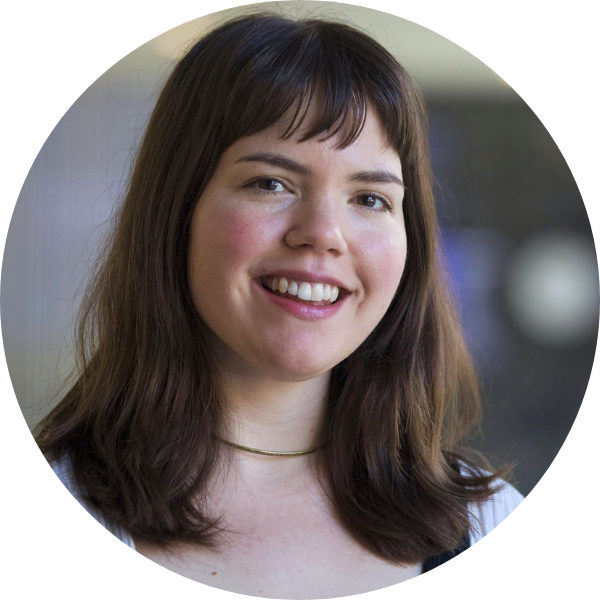 Ally Schweitzer is a reporter for Washington (DC) public radio station WAMU and DCist, covering economic policy, housing and matters related to the private sector. Previously, she was an editor and reporter at Washington City Paper. She began her career at the Washington Post. Schweitzer grew up in Wheaton, Maryland, and is a proud product of Montgomery County public schools.
Ally Schweitzer is a reporter for Washington (DC) public radio station WAMU and DCist, covering economic policy, housing and matters related to the private sector. Previously, she was an editor and reporter at Washington City Paper. She began her career at the Washington Post. Schweitzer grew up in Wheaton, Maryland, and is a proud product of Montgomery County public schools.
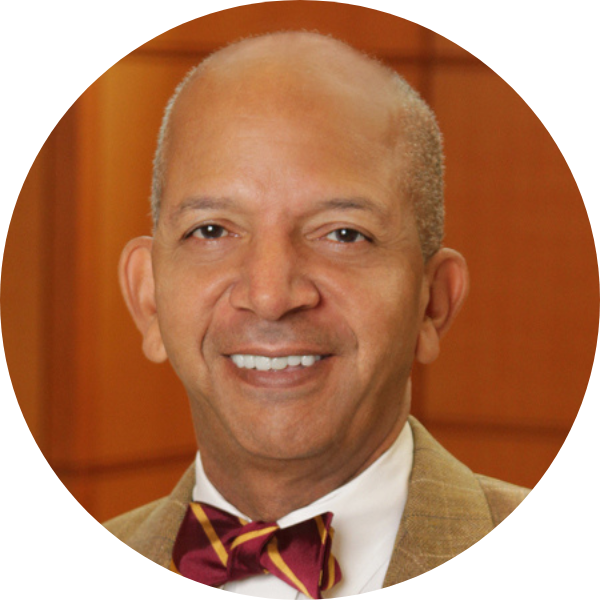 Tony Williams, the former Mayor of Washington, DC (1999 -2007), is the current Chief Executive Officer of the Federal City Council, an organization which serves as a catalyst for progress in the Nation’s Capital by focusing the creative and administrative talents of Washington’s business and professional leaders on major problems and opportunities that are facing the City. Prior to this he served as the Executive Director of the Global Government Practice at the Corporate Executive Board in Arlington, Virginia. He also serves as the William H. Bloomberg Lecturer in Public Management at the Harvard Kennedy School. In addition, he is a Senior Consultant to the firm McKenna Long and Aldridge, with particular emphasis on its municipal restructuring practice.
Tony Williams, the former Mayor of Washington, DC (1999 -2007), is the current Chief Executive Officer of the Federal City Council, an organization which serves as a catalyst for progress in the Nation’s Capital by focusing the creative and administrative talents of Washington’s business and professional leaders on major problems and opportunities that are facing the City. Prior to this he served as the Executive Director of the Global Government Practice at the Corporate Executive Board in Arlington, Virginia. He also serves as the William H. Bloomberg Lecturer in Public Management at the Harvard Kennedy School. In addition, he is a Senior Consultant to the firm McKenna Long and Aldridge, with particular emphasis on its municipal restructuring practice.
During his two terms as Mayor, he is widely credited with leading the comeback of Washington, restoring the finances of our nation’s capital, and improving the performance of government agencies, all while lowering taxes and investing in infrastructure and human services. Before his election as Mayor, he was the independent Chief Financial Officer of the District from 1995 to 1998, working with and on behalf of local officials, the DC Financial Control Board, and the US Congress.
Before his service in local Washington, Tony worked in a variety of positions in federal, state, and local government, including as the first CFO for the US. Department of Agriculture, appointed by President Bill Clinton and confirmed by the US Senate. In addition to his work on company boards, Tony devotes his attention to issues of education and the environment, serving on the board of Fight for Children and the Chesapeake Bay Foundation. He holds a BA from Yale and an MPP from the Kennedy School and a J.D. from the Harvard Law School, as well as a number of awards and honorary degrees, including Governing Magazine Public Official of the Year in 1997. He is a fellow of the National Academy of Public Administration and former President of the National League of Cities.
Williams holds a Juris Doctor degree from Harvard Law School, a Master’s degree in Public Policy from the Harvard Kennedy School of Government, and a Bachelor of Arts degree from Yale College. He served in the US Air Force from 1971 to 1974. The former mayor serves on the board of directors of a number of charitable organizations, including Catholic University, the Chesapeake Bay Foundation, Fight for Children, the Newseum, the National Geographic Education Foundation, and the Urban Institute.
